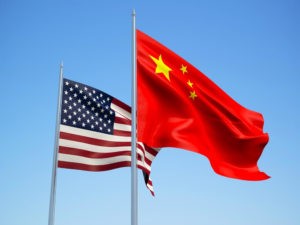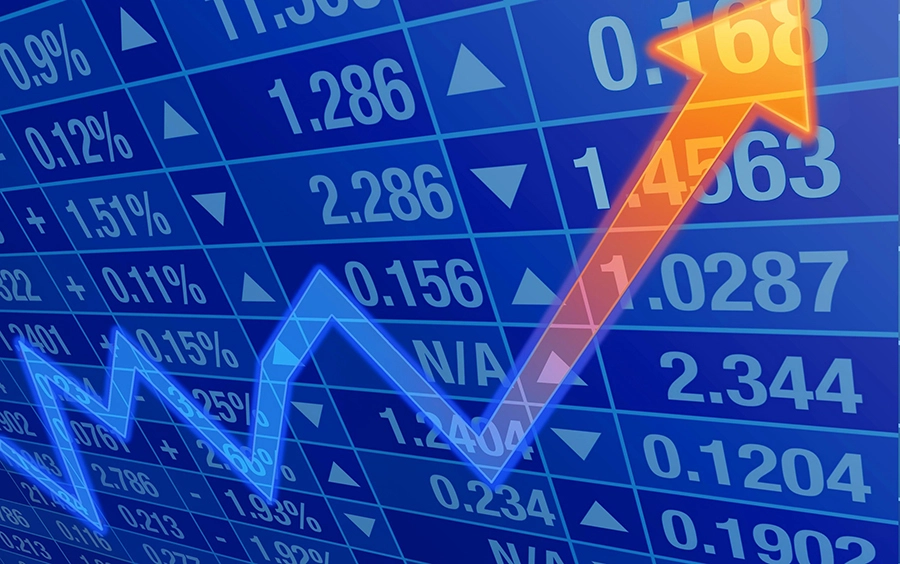The trade war between China and the U.S. started in 2018. Neither the U.S. nor China is ready to end the trade in the next several months. There are many issues such as intellectual property theft, state subsidies, etc. Countries tried to restart the negotiations process, but the trade talks ended without a visible sign of progress.
U.S. President Donald Trump and Chinese President Xi Jinping met at the G-20 summit. However, until this day, problems caused by the trade war did not disappear. Moreover, this trade conflict created an additional problem for both of the countries.
Trade war and Stock market
U.S. stock indexes reacted to the news that China is going to impose tariffs on American goods. Chinese authorities announced on Friday that starting from September they will impose tariffs ranging from 5% to 10%. China plans to impose tariffs on $75 billion U.S. products including cars. However, in the case of cars tariffs will reach 25% and also China is going to introduce 5% tariff on auto parts.
It is worth mentioning that the country’s authorities are going to divide these tariffs. It means that the first part of tariffs will be imposed from September. The second part of the tariffs will affect the U.S. products starting from December.
The response of U.S. stocks showed the importance of the trade war for the stock market. For example, Dow Jones Industrial Average futures decreased by 150 points. Initially, the Dow Jones index fell by 165 points when the stock market opened on Friday.
Another U.S. stock index, which is the S&P 500, also had an adverse reaction on this news. It’s index decreased by 0.3% whereas Nasdaq 100 futures fell by 0.4%.
Another new which will have a significant impact on the stock market is the annual Federal Reserve symposium in Jackson Hole. This symposium will end on August 24. The chairperson of the Federal Reserve will address the attendees in several hours.
The U.S. stocks reaction is just one example of how the trade war created uncertainty about the global economy.









COMMENTS